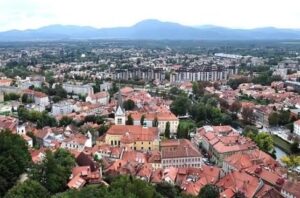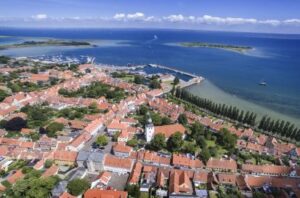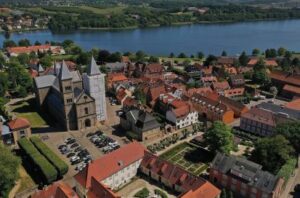DENMARK
Overview of the DENMARK
Denmark, located in Northern Europe, is part of Scandinavia and comprises the Jutland Peninsula and numerous islands in the Baltic and North Seas. Known for its rich Viking heritage, Denmark has a culture marked by a strong sense of community and innovation. The climate is temperate, with mild winters and cool summers. Its health system is robust, providing universal care, and the transport network is efficient, featuring an extensive rail and cycling infrastructure.
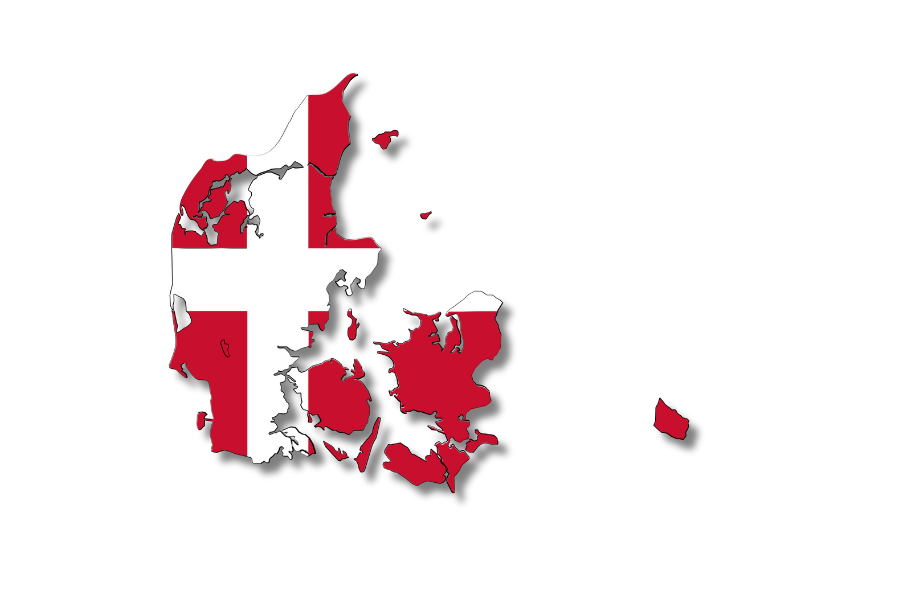
Denmark boasts a highly developed infrastructure with modern cities and green technologies. It ranks high globally in areas such as quality of life, education, and economic freedom. The country is renowned for its safety, providing a welcoming environment for immigrants. Opportunities are abundant in various sectors, including technology and sustainability, making it an attractive destination for skilled professionals seeking growth and a high standard of living.
Percentage Distribution of Non-Immigrant Visa Holders in Denmark (2014-2023)
Percentage Distribution of Non-Immigrant Student Visa Holders in Denmark (2014-2023)
VISAS
Climate and Seasons

SPRING
March to May
Minimum: 1°C
Maximum: 15°C

SUMMER
June to August
Minimum: 10°C
Maximum: 20°C

AUTUMN
September to November
Minimum: 5°C
Maximum: 15°C

WINTER
December to February
Minimum: -5°C
Maximum: 5°C
WHY STUDY IN DENMARK?
Studying in Denmark offers a unique blend of high-quality education, innovative research, and a welcoming atmosphere. Danish universities are renowned for their strong focus on practical and interdisciplinary learning, often integrating real-world challenges into their curricula. Students benefit from a progressive approach to teaching, encouraging critical thinking and creativity. Denmark’s education system promotes a balanced lifestyle with a focus on well-being, supported by its excellent healthcare and social systems. The country is known for its safety, sustainability, and high standard of living. Furthermore, Denmark’s central location in Europe provides easy access to various cultures and travel opportunities. With numerous English-taught programs and a vibrant international community, Denmark is an ideal destination for those seeking an enriching academic experience and a chance to thrive in a dynamic, forward-thinking environment.
COURSES
Computer Science
Business Analytics
MBA
Mechanical Engineering
Major Courses Opted by Students (2014-2023)

Test Preparation at PVR Global Educational Services
PVR Global Educational Services offers tailored training for GRE, IELTS, PTE, SAT, GMAT, and Duolingo tests. Expert instructors provide personalized study plans, practice materials, and mock exams to boost proficiency in reading, writing, listening, speaking, and quantitative skills. Flexible scheduling and comprehensive support help students achieve high scores and succeed in their academic and professional endeavors.
Quick Facts about DENMARK
Denmark offers world-class education with a focus on innovation, practical skills, and research in various fields.
Many Danish universities provide a wide range of courses in English, making it accessible for international students.
Danish education emphasizes creativity, critical thinking, and real-world applications, preparing students for global challenges.
Denmark is known for its high quality of life, safety, and supportive student services.
Studying in Denmark offers exposure to rich cultural traditions, modern design, and a vibrant international community.
Denmark is a leader in sustainability, with eco-friendly campuses and a commitment to green living.
Denmark’s central location provides easy access to various European countries for travel and exploration
Courses Opted by International Students in Denmark (2014-2023)
Education System in DENMARK
Denmark’s education system starts with 10 years of primary and lower secondary education, focusing on comprehensive, inclusive learning.
Grade System: 7-point scale from A to F.
Duration: 10 years (ages 6-16).
Average Fee: Free public schools; minimal fees for textbooks and activities.
Tertiary education includes vocational training and higher education, offering various pathways to advanced academic and professional qualifications.
Grade System: 7-point scale from A to F.
Duration: Varies by program.
Average Fee: Generally free for EU/EEA students; non-EU/EEA students pay €6,000-€16,000 per year.
Bachelor’s degrees in Denmark are undergraduate programs that typically provide foundational knowledge and skills in a chosen field.
Grade System: 7-point scale from A to F.
Duration: 3 years.
Average Fee: €6,000-€16,000 per year for non-EU/EEA students.
Master’s degrees offer advanced specialization and research opportunities, often enhancing career prospects or academic pursuits.
Grade System: 7-point scale from A to F.
Duration: 2 years.
Average Fee: €8,000-€16,000 per year for non-EU/EEA students.
Doctorate programs focus on high-level research and academic contributions, culminating in a Ph.D. and significant original research.
Grade System: Pass/Fail or grades based on research.
Duration: 3-4 years.
Average Fee: Generally funded through scholarships or stipends; fees may be minimal.

Identifying the Right Institution
Check university rankings and accreditation status in global and national league tables for quality assurance and academic reputation.
Evaluate the specific programs and courses offered to ensure they align with your academic and career goals and interests.
Research faculty qualifications and their areas of expertise to ensure you receive instruction from leading professionals in your field.
Look for universities with strong research programs and facilities, offering students opportunities to engage in cutting-edge projects and publications.
Consider the quality of campus facilities, including libraries, laboratories, and technology resources, which enhance the overall learning experience.
Assess available support services such as counseling, career advice, and academic assistance to ensure a well-rounded student experience.
Check the diversity and size of the international student community, which can enrich your academic and cultural experience in Denmark.
No of Students placed in different sectors (2014-2023IN Percentage)
Success Rate of Indian Students in the Denmark by Sector (2014-2023In Percentate)
Getting a DENMARK Visa
Identify the appropriate visa type based on your purpose, such as study, work, or business. Each visa category has specific requirements and conditions for entry into Denmark.
Review the visa requirements for your chosen type, including eligibility criteria, financial proof, and other conditions. Ensure you meet all necessary criteria before proceeding with your application.
Collect all necessary documents such as passport, visa application form, proof of accommodation, financial statements, and any supporting documents required for your specific visa type.
Register on the Danish immigration portal or the relevant visa application website. Creating an account will allow you to manage your application and track its status online.
Fill out the online visa application form with accurate information. Ensure all fields are completed thoroughly to avoid delays or complications with your application.
Pay the required visa application fee through the designated payment method. Fees vary depending on the visa type and processing speed. Keep the payment receipt for your records.
Attend an appointment to submit biometric data, such as fingerprints and photographs, if required for your visa type. Biometrics are used for identity verification and security purposes.
Some visa applications may require an interview. Prepare for this by reviewing your application and being ready to answer questions about your purpose of visit and background.
After submission, wait for your visa application to be processed. Processing times vary depending on the visa type and workload at the consulate or embassy.
Once approved, receive your visa either via mail or in person at the embassy or consulate. Check the visa details to ensure they match your application.
Apply well in advance of your travel date, double-check all information, and keep copies of all documents. Stay updated on any changes in visa regulations and requirements.
List of Universities



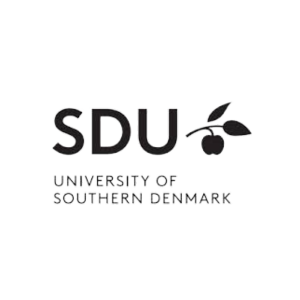

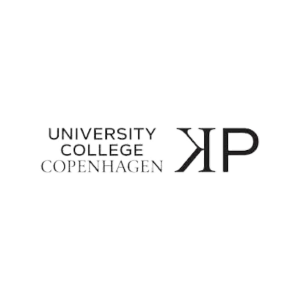
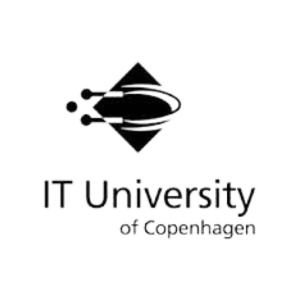
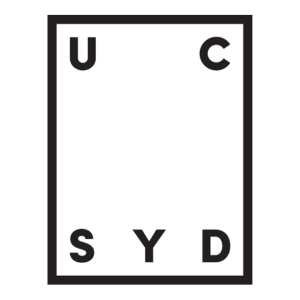
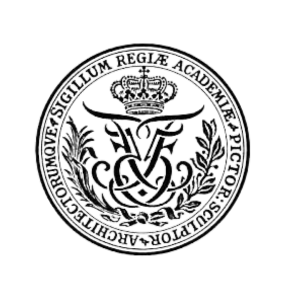
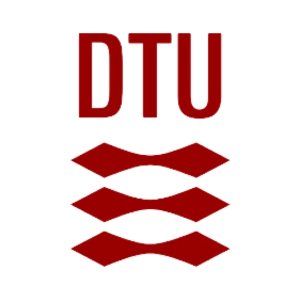
Intake details
Intake | Start Dates | Remarks |
|---|---|---|
Fall | September to October | Primary intake for most programs; peak admission period. |
Spring | January to February | Secondary intake; fewer programs available compared to Fall. |
Summer | May to June | Limited programs; typically for accelerated courses or specific programs. |
Winter | November to December | Not commonly used; available for some programs with specific start dates. |
Deadlines
Deadline Type | Fall Intake | Spring Intake |
|---|---|---|
Scholarship Deadlines | February-March | September-October |
Admission Deadlines | March-April | September-November |
Best Time to Start the Process | June-July | December-January |
Last Date to Apply for Admission | April 15 | November 15 |
Documents required
Document Type | Requirements | Remarks |
|---|---|---|
Passport | Valid for at least six months beyond the intended stay. | Ensure it has sufficient blank pages. |
Transcripts | Official transcripts from previous educational institutions. | Must be translated into English if necessary. |
Diplomas | Copies of completed degrees or certificates. | Should be verified and possibly notarized. |
Language Proficiency | Proof of English proficiency (e.g., TOEFL, IELTS) or Danish (if applicable). | Scores should meet the university's minimum requirements. |
Statement of Purpose | Personal statement outlining academic goals and motivations. | Tailor it to the specific program and university. |
Recommendation Letters | Typically 2-3 letters from academic or professional referees. | Should be recent and relevant to your application. |
Resume/Curriculum Vitae | Detailed CV highlighting academic and professional achievements. | Include all relevant experiences and skills. |
Passport-Sized Photographs | Recent photographs, typically in specified format. | Often required for identification purposes. |
Financial Proof | Bank statements or financial guarantees demonstrating ability to cover tuition and living expenses. | Essential for visa applications and some universities. |
Application Form | Completed university-specific application form. | Ensure all fields are accurately filled and submitted. |
